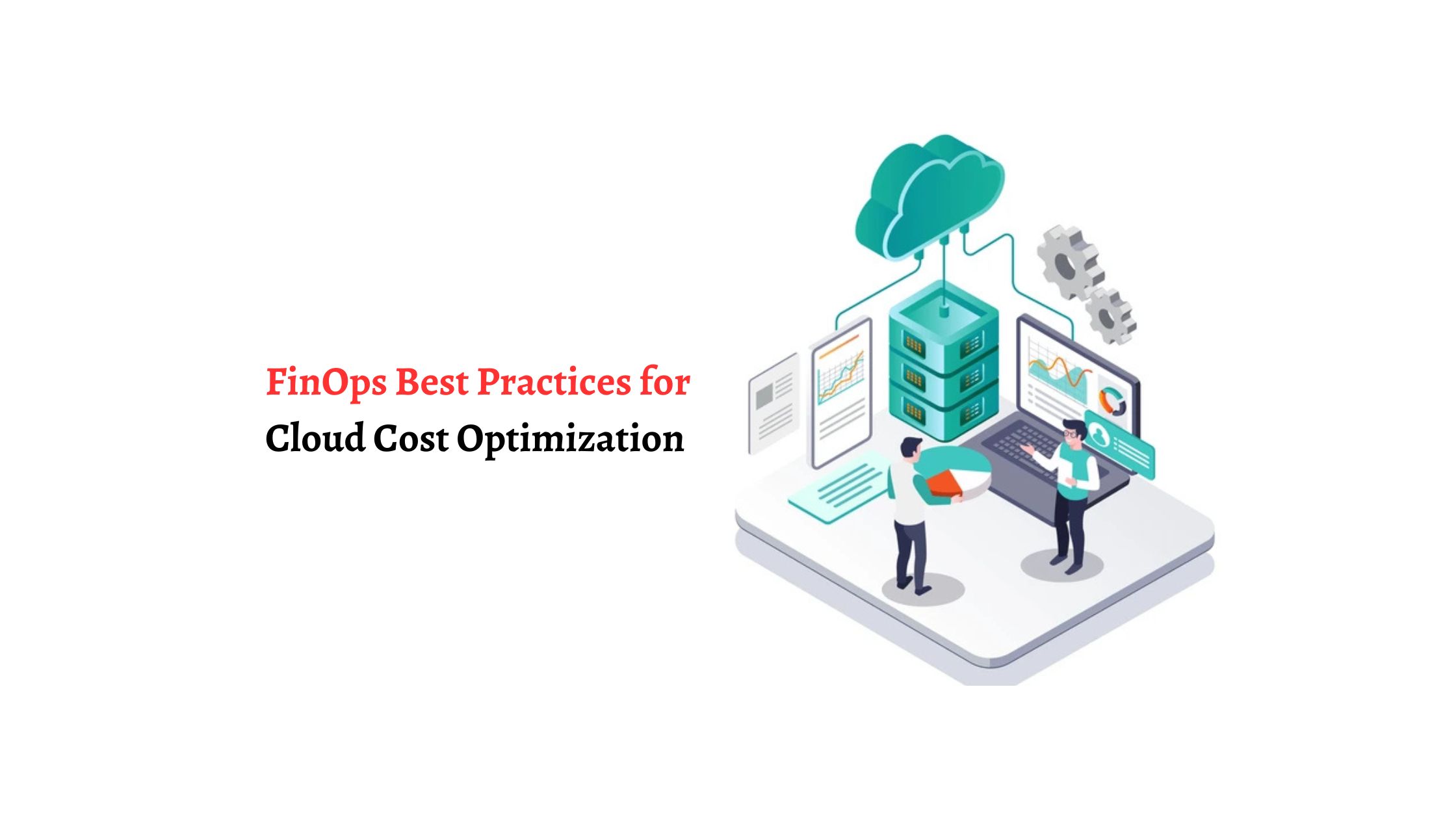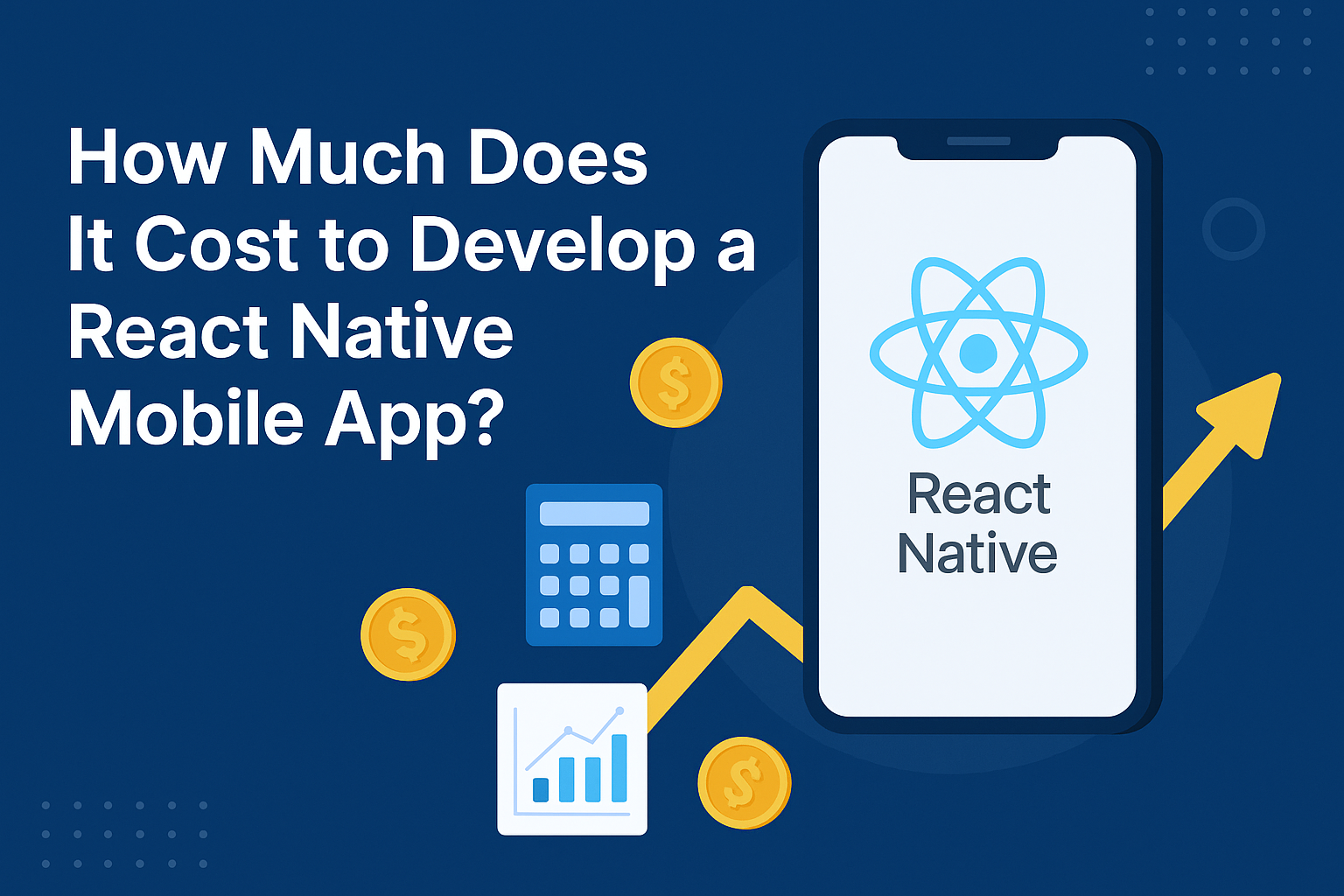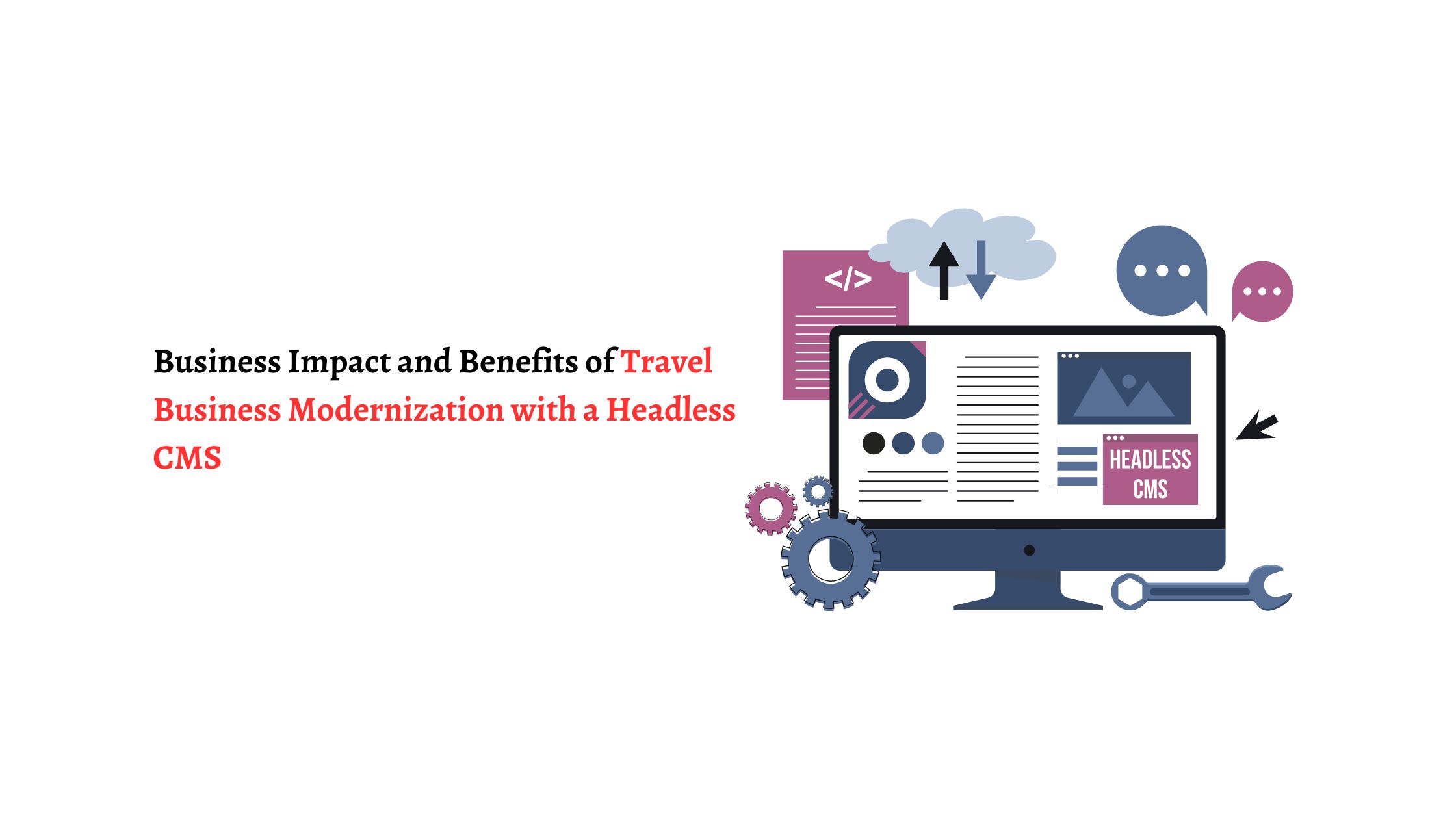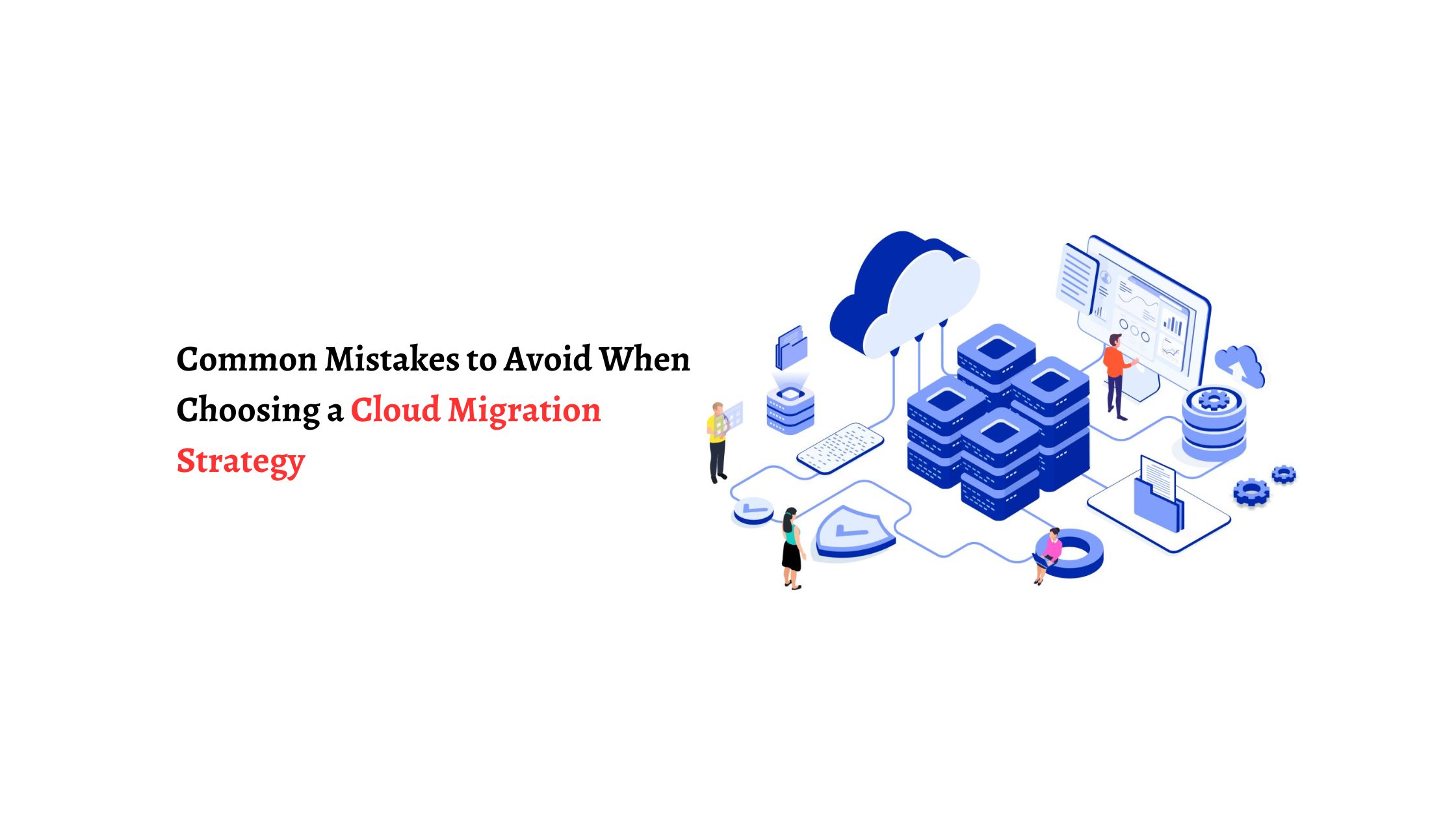FinOps Best Practices for Cloud Cost Optimization

Strong 8k brings an ultra-HD IPTV experience to your living room and your pocket.
Many organizations know the immense benefits cloud technology brings to the organization—be it developing scalable systems, faster development, better collaboration, and most importantly, cost-effectiveness. However, many organizations do not know how exactly they are supposed to save costs while using cloud solutions. This is why cloud consulting services are crucial to implementing cloud FinOps solutions that can optimize costs like maintenance, upgrades, and infrastructure.
Optimize Cloud Costs With The Best FinOps Practices
1. Establish a FinOps Culture
A successful FinOps strategy requires a collaborative culture that brings together finance, engineering, and operations teams. Key elements include:
Cross-functional collaboration: Align teams with clear financial goals.
Financial transparency: Provide stakeholders with real-time visibility into cloud costs.
2. Implement Real-Time Cost Monitoring
Monitoring cloud costs in real time allows businesses to manage expenses proactively. Best practices include:
Utilizing cloud cost management tools: AWS Cost Explorer, Azure Cost Management, or Google Cloud Cost Management.
Setting up alerts and budgets: Avoid unexpected cost spikes by configuring alerts.
Tracking cost anomalies: Identify and mitigate unforeseen expenses immediately.
3. Optimize Cloud Resource Utilization
Underutilized or idle resources can lead to unnecessary costs. Strategies to optimize cloud usage include:
Right-sizing instances: Adjust compute resources based on workload needs.
Autoscaling configurations: Dynamically allocate resources to match demand.
Deleting unused resources: Regularly audit and remove unused instances, volumes, and storage.
4. Leverage Reserved Instances and Savings Plans
Cloud providers offer discounted pricing for long-term commitments and to maximize savings:
Analyze historical usage: Understand workload patterns before committing.
Balance flexibility and savings: Use a mix of on-demand, spot instances, and reserved options.
5. Optimize Data Storage Costs
Data storage can contribute significantly to cloud expenses. Cost-saving measures include:
Tiered storage options: Use cost-effective storage solutions such as AWS S3 Glacier for archival data.
Compression and deduplication: Reduce storage footprint to lower costs.
Regular data lifecycle management: Implement automated policies for data retention and deletion.
6. Implement Chargeback and Showback Models
FinOps best practices encourage accountability through cost allocation:
Chargeback model: Allocate cloud costs directly to the business units using them.
Showback model: Provide visibility into cloud expenses without direct cost allocation.
Tagging strategy: Use tagging to categorize costs by project, department, or team.
7. Use Spot and Preemptible Instances
For workloads that can tolerate interruptions, spot and preemptible instances offer significant cost reductions:
Leverage spot instances for batch processing: Ideal for non-time-sensitive tasks.
Automate workload balancing: Use tools like AWS Spot Fleet to manage interruptions.
Optimize hybrid cloud strategies: Use on-premise and cloud resources effectively.
8. Adopt a FinOps Framework
A structured FinOps framework helps streamline cloud cost optimization. The core phases include:
Inform: Gain visibility into cloud spending.
Optimize: Identify opportunities for cost reduction.
Operate: Continuously monitor and govern cost-saving measures.
9. Automate Cost Governance Policies
Automation plays a crucial role in FinOps by enforcing cost controls. Implement:
Automated resource scaling: Reduce manual interventions in provisioning.
Cost anomaly detection: Use AI-driven analytics for proactive cost management.
Policy-based automation: Set predefined rules to optimize spending.
10. Regularly Review and Improve Cost Strategies
Cloud environments are dynamic, requiring periodic reviews to ensure cost efficiency:
Monthly cost audits: Assess cloud expenses and identify optimization areas.
Performance vs. cost analysis: Balance between cost reduction and performance.
Continuous training and upskilling: Educate teams on FinOps best practices.
Conclusion
Cloud FinOps services are crucial for maintaining operational efficiency, and by following these practices and implementing real-time monitoring, organizations can leverage cost-saving options. Moreover, they can also maximize cloud value.
Therefore, adopting these finops best practices enables businesses to achieve sustainable cloud cost optimization while supporting growth.
Note: IndiBlogHub features both user-submitted and editorial content. We do not verify third-party contributions. Read our Disclaimer and Privacy Policyfor details.







